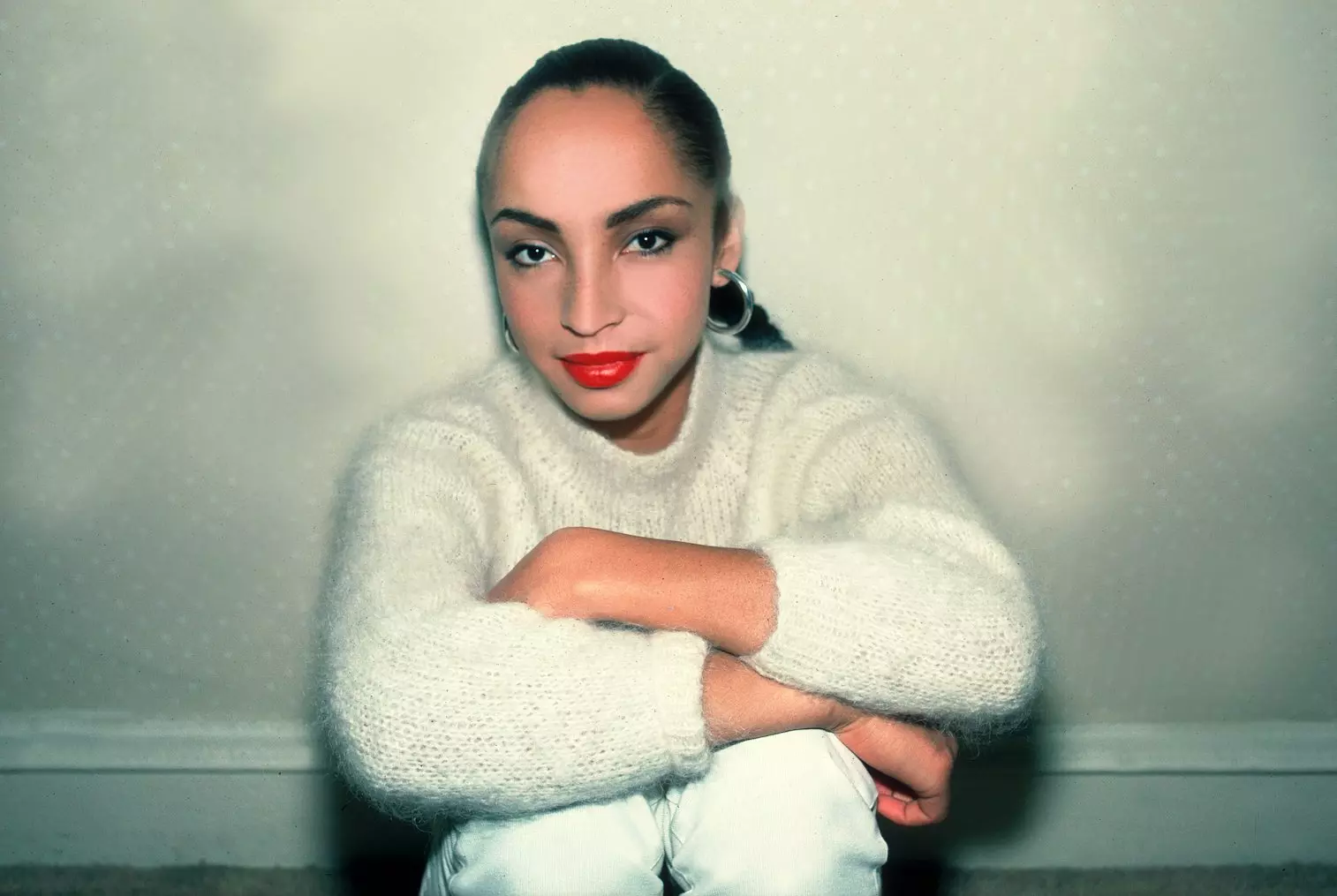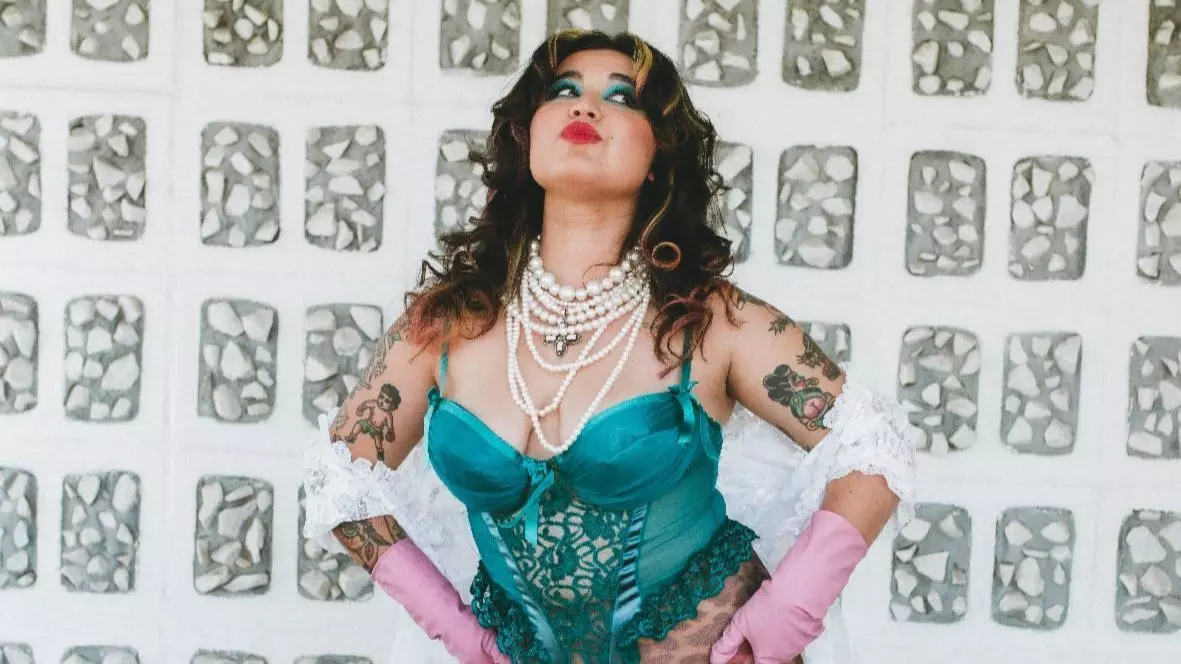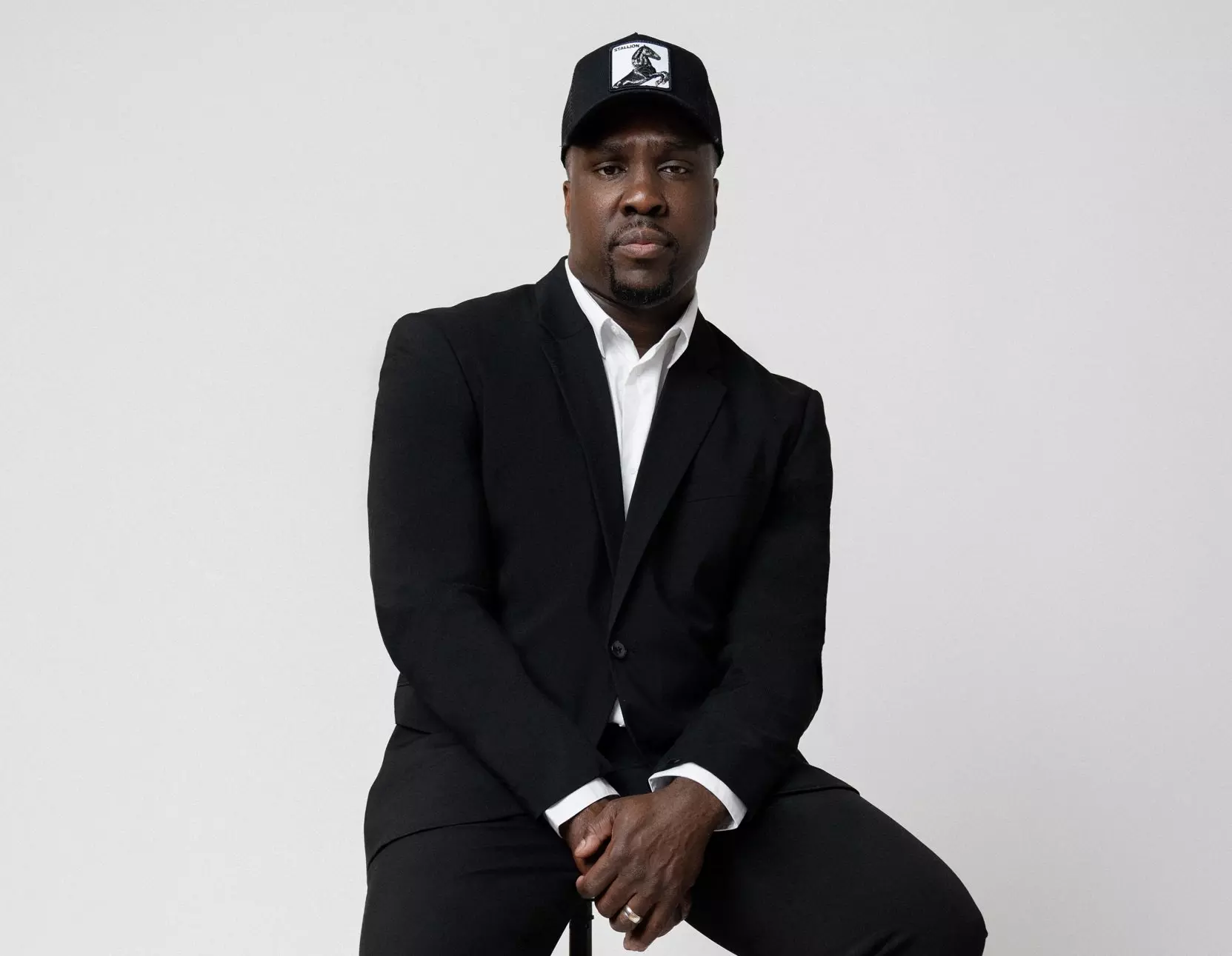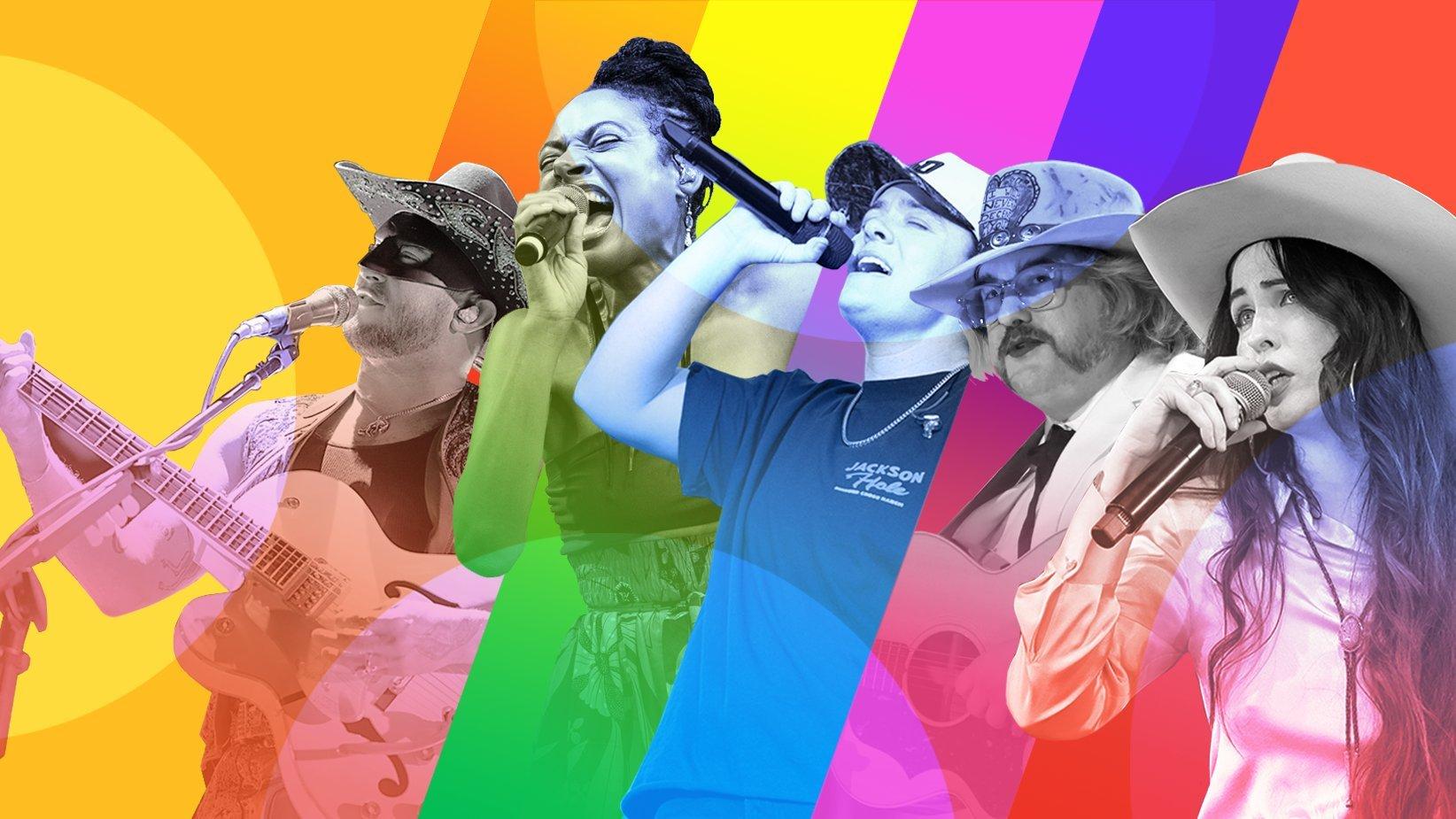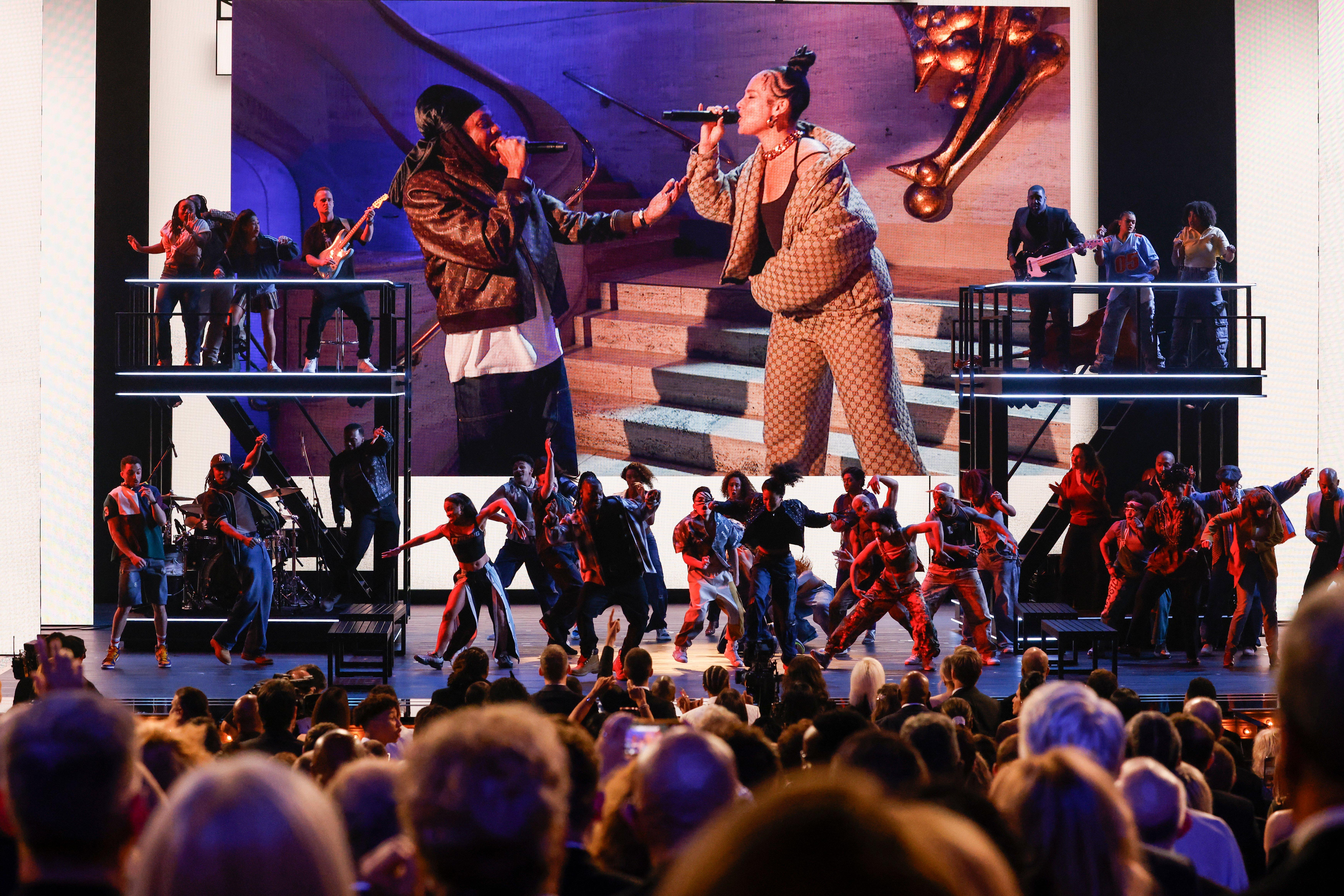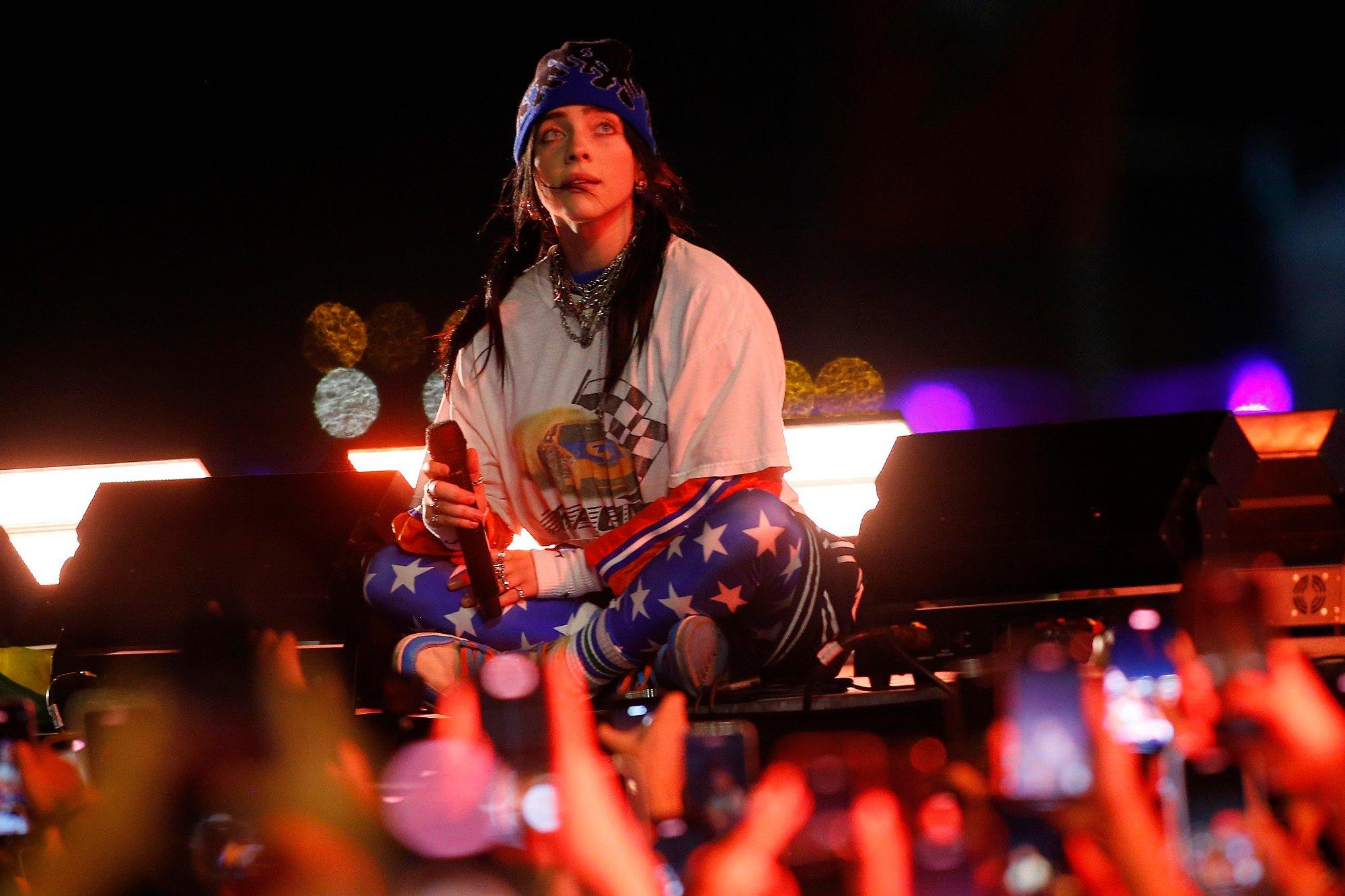Beloved by fans around the globe, yet increasingly unaffordable for many artists, concert tours are central to the world of entertainment and local economies. After the pandemic-era global shuttering of concert venues large and small, tours are back, and bigger than ever.
Taylor Swift’s Eras Tour is smashing records, selling more than four million tickets and earning more than $1 billion. But that tour made headlines for another reason: as reported in Business Insider and other outlets, for a six-month period in 2023, Swift’s two jets spent a combined 166 hours in the air between concerts, shuttling at most a total of 28 passengers.
Against that backdrop, heightened concerns about the global environmental cost of concert touring have led a number of prominent artists to launch initiatives. Those efforts seek both to mitigate the negative effects of touring and communicate messages about sustainability to concertgoers.
A 2023 study sponsored by Texas-based electricity provider Payless Power found that the carbon footprint of many touring bands was massive. In 2022, concert tours in five genres — country, classic rock, hip-hop/rap, metal and pop — were responsible for CO2 emissions totaling nearly 45,000 metric tons. A so-called greenhouse gas, carbon dioxide contributes to climate change by radiative forcing; increased levels of CO2 also contribute to health problems.
No serious discussion of climate issues suggests a worldwide halt to live music touring, but there exists much room for improvement. Both on their own and with the help of dedicated nonprofit organizations, many artists are taking positive steps toward mitigating the deleterious effects that touring exerts upon the environment.
Smart tour planning is one way to lessen an artist’s carbon footprint. Ed Sheeran’s 2022 European run minimized flights between concert venues, making that leg of his tour the year's most environmentally efficient. Total carbon dioxide emissions (from flights and driving) on Sheeran’s tour came to less than 150 metric tons. In contrast, Dua Lipa’s tour during the same period generated 12 times as much — more than 1800 metric tons — of CO2.
In July, singer/songwriter and four-time GRAMMY nominee Jewel will embark on her first major tour in several years, alongside GRAMMY winner Melissa Etheridge. During the planning stage for the 28-city tour, Jewel suggested an idea that could reduce the tour’s carbon footprint.
"I always thought it was so silly and so wasteful — and so carbon footprint-negative — to have separate trucks, separate lighting, separate crews, separate hotel rooms, separate costs," Jewel says. She pitched the idea of sharing a backing band with Etheridge. "I’ve been trying to do this for 25 years," Jewel says with a laugh. "Melissa is the first person who took me up on it!"
The changes will not only reduce the tour’s carbon footprint, but they’ll also lessen the cost of taking the shows on the road. Acknowledging that there are many opportunities to meet the challenges of touring’s negative impact upon the environment, Jewel emphasizes that “you have to find [solutions] that work for you.”
Sheeran and Jewel aren’t the only popular artists trying to make a difference. A number of high profile artists have become actively involved in creating the momentum for positive change. Those artists believe that their work on sustainability issues goes hand in hand with their role as public figures. Their efforts take two primary forms: making changes themselves, andadvocating for action among their fans.
The Climate Machine
Norhan Bayomi is an Egypt-born environmental scientist at Massachusetts Institute of Technology and a key member of the Environmental Solutions Initiative, a program launched to address sustainable climate action. She’s also a recording artist in the trance genre, working under the name Nourey.
The ESI collaborates with industry heavyweights Live Nation, Warner Music Group and others as well with touring/recording acts like Coldplay to examine the carbon footprint of the music industry. A key component of the ESI is the Climate Machine, a collaborative research group that seeks to help the live music industry reduce carbon emissions. "As a research institution, we bring technologies and analytics to understand, in the best way possible, the actual impact of the music industry upon climate change," says John Fernández, Director of the ESI.
"I’m very interested in exploring ways that we can bridge between environmental science, climate change and music fans," Bayomi says. She explains that the tools at the ESI’s disposal include "virtual reality, augmented reality and generative AI," media forms that can communicate messages to music fans and concertgoers. Fernández says that those endeavors are aimed at "enlisting, enabling and inspiring people to get engaged in climate change."
The Environmental Solutions Initiative cites Coldplay as a high-profile success. The band and its management issued an "Emissions Update" document in June 2024, outlining its success at achieving their goal of reducing direct carbon emissions from show production, freight, band and crew travel. The established target was a 50 percent cut in emissions compared to Coldplay’s previous tour; the final result was a 59 percent reduction between their 2022-23 tour and 2016-17 tour.
A significant part of that reduction came as a result of a renewable-energy based battery system that powers audio and lights. The emissions data in the update was reviewed and independently validated by MIT’s Fernández.
Change Is Reverberating
Guitarist Adam Gardner is a founding member of Massachusetts-based indie rockers Guster, but he's more than just a singer in a rock band. Gardner is also the co-founder of REVERB, one of the organizations at the forefront of developing and implementing climate-focused sustainability initiatives.
Founded in 2004 by Gardner and his wife, environmental activist Lauren Sullivan, REVERB began with a goal of making touring more sustainable; over the years its focus has expanded to promote industry-wide changes. Today, the organization promotes sustainability throughout the industry in partnership with music artists, concert venues and festivals.
REVERB initiatives have included efforts to eliminate single-use plastics at the California Roots Music & Arts Festival, clean energy projects in cooperation with Willie Nelson and Billie Eilish, and efforts with other major artists. Gardner has seen sustainability efforts grow over two decades
"It’s really amazing to see the [change] with artists, with venues, with fans," Gardner says. "Today, people are not just giving lip service to sustainable efforts; they really want to do things that are real and measurable."
The Music Decarbonization Project is one tangible example of REVERB’s successes. "Diesel power is one of the dirtiest sources of power," Gardner explains. "And it’s an industry standard to power festival stages with diesel generators." Working with Willie Nelson, the organization helped switch the power sources at his annual Luck Reunion to clean energy. At last year’s festival, Nelson’s headlining stage drew 100 percent of its power from solar-powered batteries. "We set up a temporary solar farm," Gardner says, "and the main stage didn’t have to use any diesel power."
Billie Eilish was another early supporter of the initiative. "She helped us launch the program," Gardner says. Eilish’s set at Lollapallooza 2023 drew power from solar batteries, too.
With such high-profile successes as a backdrop, Gardner believes that REVERB is poised to do even more to foster sustainable concerts and touring. "Our role now," he says, "isn’t just, ‘Hey, think about this stuff.’ It’s more how do we push farther, faster?"
Adam Gardner believes that musicians are uniquely positioned to help make a difference where issues of sustainability are concerned. "When you’re a musician, you’re connecting with fans heart-to-heart. That’s what moves people. And that’s where the good stuff happens."
Small-scale, individual changes can make a difference — especially when they’re coordinated and amplified among other concertgoers. Gardner provides real-world examples. "Instead of buying a plastic bottle, I brought my reusable and filled it up. Maybe I carpooled to the show." Conceding that such steps might seem like drops of water in a giant pool, he emphasizes the power of scale. "When you actually multiply [those things for] just one summer tour, it adds up," he says. "And it reminds people, ‘You’re not alone in this; you’re part of a community that’s taking action."
Gardner understands that REVERB’s arguments have to be framed the right way to reach concertgoers. "Look," he admits, "It’s a concert. We’re not here to be a buzzkill. Our [aim] now is making sure people don’t lose hope." He says that REVERB and its partners seek to demonstrate that, with collective action and cultural change, there is reason for optimism.
"There’s a wonderful feedback loop between hope and action," Gardner says with a smile. "You can’t really have one without the other."
Sustainable Partnerships
Tanner Watt is Director of Partnerships at REVERB; he works directly with touring artists to develop, coordinate and implement initiatives that bring together his organization’s objectives and the specific personal concerns of the artists. "I get to come up with all the fun, big ideas," he says with a wide smile.
Watt acknowledges that like every concertgoer, each touring artist has a certain level of responsibility where sustainability is concerned. "And everyone can be doing something," he says, noting a number of straightforward actions that artists can put in place while on tour. "They can eliminate single-use waste. They can donate hotel toiletries that [would otherwise] hit the landfill."
Watt stresses that artists can lead by example. "Nobody wants to listen to an artist telling them what to do if they’re not doing it themselves," he says. "But we believe that everybody cares about something." He suggests that if an artist has cultivated a following, "Why not use [that platform] to be that change you want to see in the world?"
Each artist has his or her own specific areas of concern, but Watt says that there’s a base level of "greening" that takes place on every REVERB-affiliated tour. Where things go from there is up to the artist, in coordination with REVERB. Watt mentions Billie Eilish and her tour’s sustainability commitment. "The Venn diagram of food security, community health, access to healthy food, and the impact on the planet is a big cause for her," he says. "So there’s plant-based catering for her entire crew, across the entire tour."
Speaking to Billboard, Eilish's mother Maggie Baird said championing sustainability starts with artists. "If artists are interested, it does really start with them telling their teams that they care and that it’s foremost in their thoughts." In the same conversation, Eilish called the battle for sustainability "a never-ending f–king fight."
Watt acknowledges that with so many challenges, it’s important for a concerned artist to focus on the issues that move them the most, and where they can make the biggest difference. "Jack Johnson is a great example," he says. While Johnson is a vocal advocate for many environmental issues, on tour he focuses on two (in Watt’s words) "cause umbrellas": single-use plastics solutions and sustainable community food systems. Each show on the tour hosts tables representing local nonprofit organizations, presenting concertgoers with real-world, human-scale solutions to those specific challenges.
Four-time GRAMMY winner Brittany Howard is another passionate REVERB partner. "Knowing that I wanted to make my tours more sustainable was a start," she tells GRAMMY.com, "but working with REVERB really helped me bring it to life on the road. REVERB has helped us with guidelines and a green rider to keep our stage, greenrooms and buses more sustainable."
After listing several other specific ways that her tour supports sustainability, Howard notes, "By supporting these efforts, I am helping ensure future generations have access to clean water, fish, and all that I love about the outdoors." A dollar from every ticket sold to a Brittany Howard concert goes toward support of REVERB’s Music Decarbonization project. "I’m also excited to see industry-wide efforts that are reducing the carbon pollution of live music," Howard continues. "Because it’s not just [about] a single tour, it’s every tour."
There’s a popular aphorism: "You can’t manage what you can’t measure." From its start, REVERB has sought not only to promote change, but to measure its success. "As long as I’ve been at REVERB, we’ve issued impact reports," says Tanner Watt. "We include data points, and give the report to the artists so they understand what we’ve done together." He admits that some successes are more tangible than others, but that it’s helpful to focus on the ones that can be quantified. "We’re very excited that our artists share those with their fans."
Watt is clear-eyed at the challenges that remain. "Even the word ‘sustainable’ can be misleading," he concedes, suggesting that the only truly sustainable tour is the one that doesn’t happen. "But if folks don’t step it up and change the way we do business in every industry — not just ours — we’re going to get to a place where we’re forced to make sacrifices that aren’t painless." Getting that message across is REVERB’s aim. "We can’t stop the world," Watt says. "So we find ways to approach these things positively."
Watt says that the fans at concerts featuring Jack Johnson and the Dave Matthews Band — both longtime REVERB partners — are already on board with many of the sustainability-focused initiatives which those artists promote. "But there are lots of artists — and lots of fan bases — out there that aren’t messaged to, or have been mis-messaged to," he says. "I’m really excited to find more ways to expand our reach to them, beyond mainstream pop music. Because these are conversations that are meaningful for everyone, regardless of political affiliation or other beliefs."
Reimagining The Planet’s Future
Singer, songwriter and multi-instrumentalist Adam Met does more than front AJR, the indie pop trio he founded in 2005 with brothers Jack and Ryan. Met has a PhD in sustainable development and is a climate activist; he's also the founder/Executive Director of Planet Reimagined, a nonprofit that promotes sustainability and activism through its work with businesses, other organizations and musicians.
"I’ve spent years traveling around the world, seeing the direct impact of climate change," Met says. He cites two recent and stark examples. "When we pulled up to a venue in San Francisco, the band had to wear gas masks going from the bus into the venue, because of forest fires," he says. AJR’s road crew had to contend with a flash flood in Athens, Greece that washed out their hotel. "And in Rome, some of our crew members fainted because of the heat."
Encouraged by representatives from the United Nations, Met launched Planet Reimagined. Met’s approach focuses on tailored, city-specific actions to empower fans and amplify diverse voices in the climate movement. Through social media and live shows, Met strives to galvanize climate activism among AJR fans. And the methods he has developed can be implemented by other touring artists.
Met points out that one of the most climate-unfriendly parts of the entire concert tour enterprise is fans traveling to and from the concerts. And that’s something over which the artist has little or no control. What they can do, he says, is try to educate and influence. Working closely with Ticketmaster and other stakeholders, Met’s nonprofit initiated a study — conducted from July to December 2023, with results published in April 2024 — to explore the energy that happens at concerts. "In sociology," he explains, "that energy is called collective effervescence." The study’s goal is to find ways to channel that energy toward advocacy and action.
Polling a quarter million concertgoers across musical genres, the study collected data on attitudes about climate change. "Seventy-three percent of fans who attend concerts believe that climate change is real, and that we need to be doing more about it," Met says. "Seventy-eight percent have already taken some sort of action in their lives." He believes that if his organization can activate even a fraction of the estimated 250 million people annually who attend concerts around the globe, "that’s the ballgame."
Met’s goal is to do more than, say, get concertgoers to switch from plastic to paper drinking straws. "At scale those things make a difference. But people want to see actions where there’s a track record," he says; a return on investment.
AJR will be putting a plan into action on the second half of their upcoming arena tour. Part of the initiative is encouraging concertgoers to register to vote, and then actually vote. Beyond that, Met has specific actions in mind. "At every single stop, we’re putting together materials around specific policies that are being debated at the local level," he explains. "We give people a script right there, so they can call their elected representative and say, ‘I want you to vote [a certain way on this issue].’"
He believes the initiative will lead to thousands of people contacting – and hopefully influencing – their representatives. With regard to sustainability issues, Met is convinced that "the most impact that you can have as an artist is when you give fans ways to pick up the mantle themselves."
Artists Who Are Going On Tour In 2024: The Rolling Stones, Drake, Olivia Rodrigo & More


